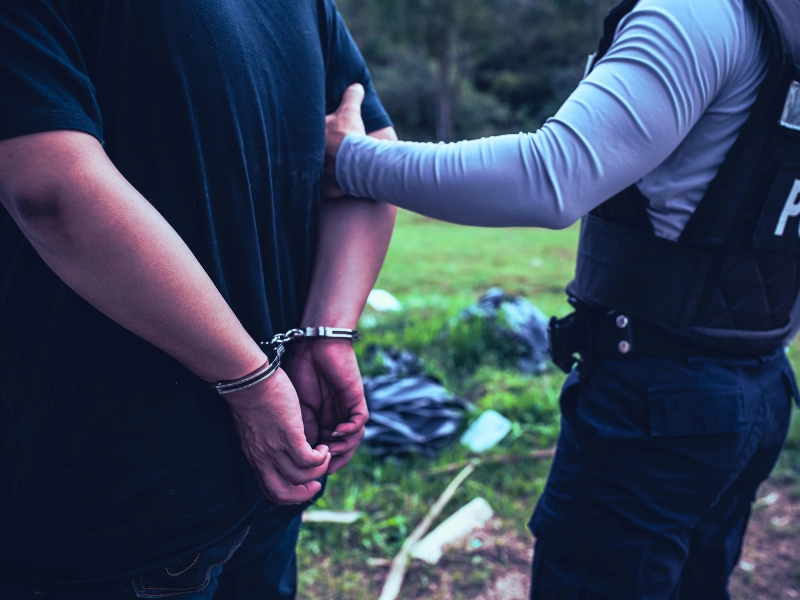Blog
The Fourth Amendment protects people in Minneapolis from unreasonable search and seizure. This means that law enforcement cannot simply walk into people’s homes, stop them on the street or pull them over for a traffic violation without a warrant.
Knowing what to do if you are arrested in Minnesota can mean the difference between freedom and serious legal consequences. The first and most crucial thing to do during and after the arrest is to remain calm and cooperative. The next thing to do is to request a lawyer and invoke your right to remain silent, especially if the arresting officers start interrogating you about the alleged crime. You should familiarize yourself with bail and release conditions, be present during court hearings, and follow your lawyer’s instructions.
Minnesota takes drunk driving very seriously. If you get caught behind the wheel while intoxicated, you face severe penalties and other serious repercussions. The best defense to a drunk driving charge is to never drink and drive, but if you do find yourself facing Minnesota DWI charges, you should promptly contact a skilled drunk driving lawyer.
Every day, people in Minneapolis are arrested and charged with committing a crime. Many are unfamiliar with the workings of the judicial system and the arrest, processing and filing of charges can be overwhelming. This can encourage people accused of domestic violence, murder or even DWI, to agree to a plea bargain.
A conviction for a criminal act in Minneapolis does not always mean that a person is going to spend time behind bars. The presiding judge often has several penalty options to choose from, depending on the type, and severity, of the crime committed.
Max Keller of Keller Criminal Defense Attorneys recently won the first known victory on the McNeely warrantless DWI testing issue in an Order from Judge Grunke in a Stearns Co. Implied Consent hearing challenging a Driver’s License Revocation. Two other Judges recently issues similar rulings in Washington County and Sibley County.
If you have a criminal DWI case or criminal DWI test refusal case, and/or civil implied consent driver’s license revocation cases pending, you may have heard of the recent U.S. Supreme Court decision in McNeely v. Missouri issued 4-17-13. In McNeely the U.S. Supreme Court held that Warrantless DWI Tests are illegal without consent or “exigency circumstances.” The U.S. Supreme Court said that Missouri could not take a non-consensual blood test from a driver in a standard DWI case (no accident) without either a warrant OR a showing of special circumstances like an emergency stemming from injured persons in a car accident (i.e. “exigent circumstances”).
Many people may believe that a person is charged immediately after a drunk driving investigation in Minnesota. That is true some of the time, however, many factors may arise that delay the charges. A felony DWI, an investigation into a criminal vehicular operation offense, and other DWI investigations can take days, weeks, or more as prosecutors pore over the evidence in deciding what charges to bring. DWI investigations involving toxicology testing of blood or urine samples can create significant delays in charging.


